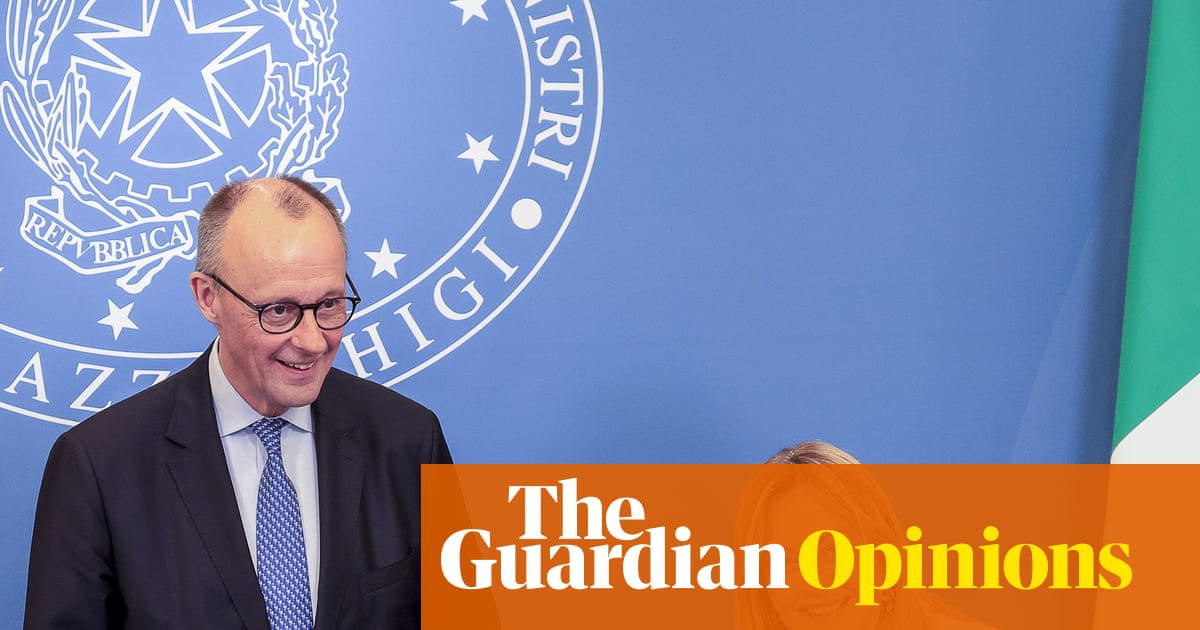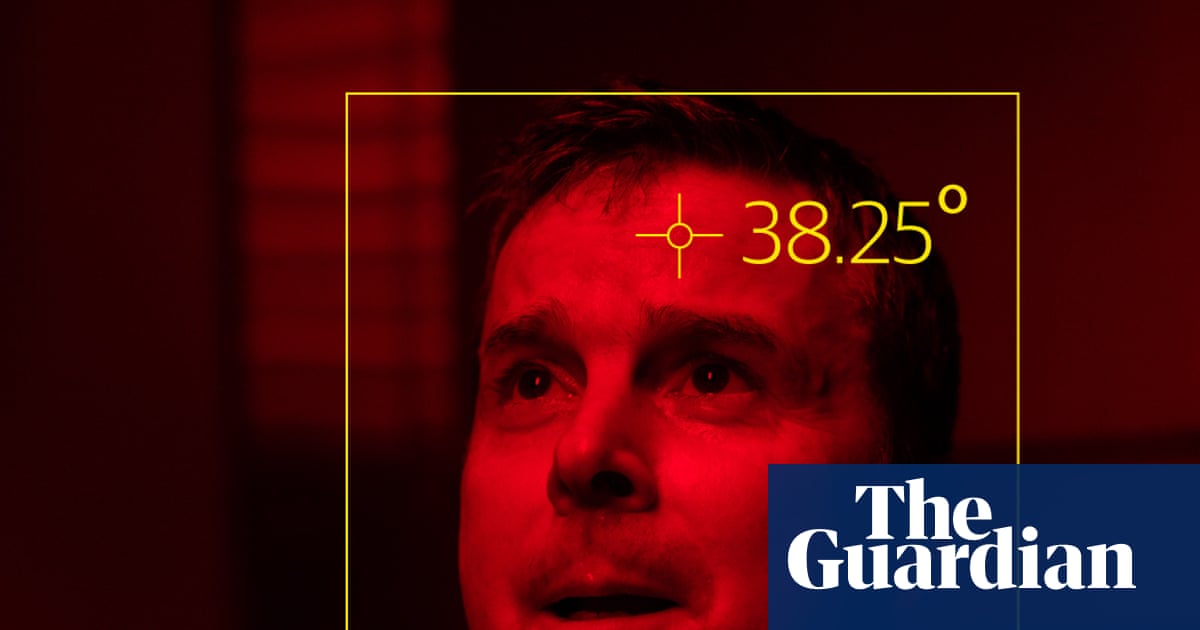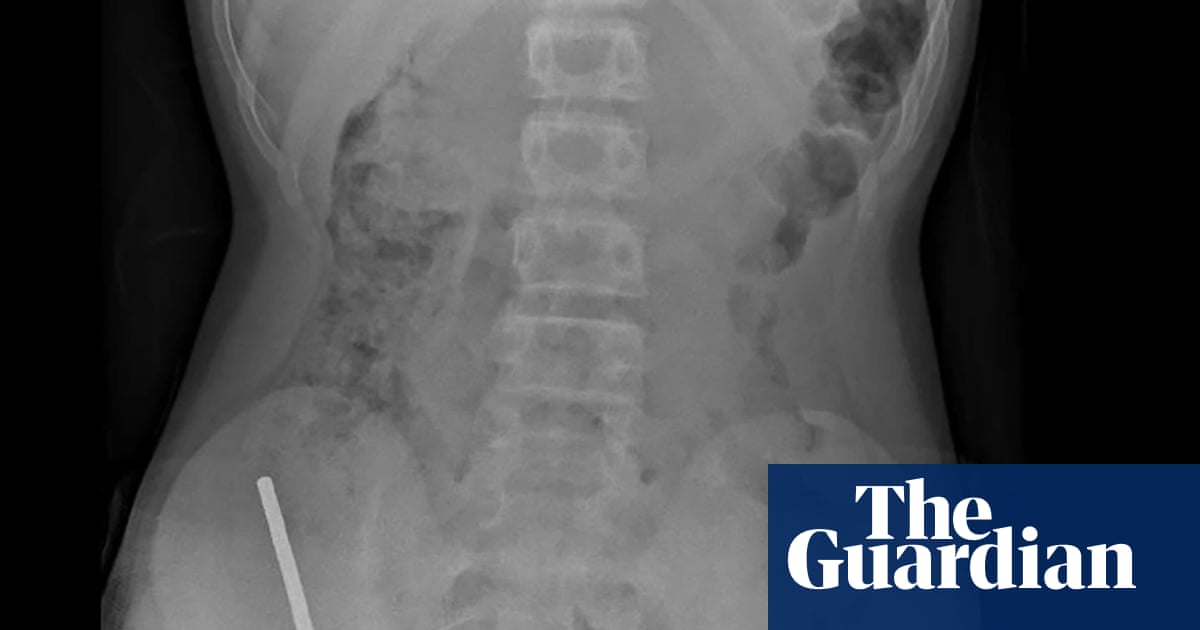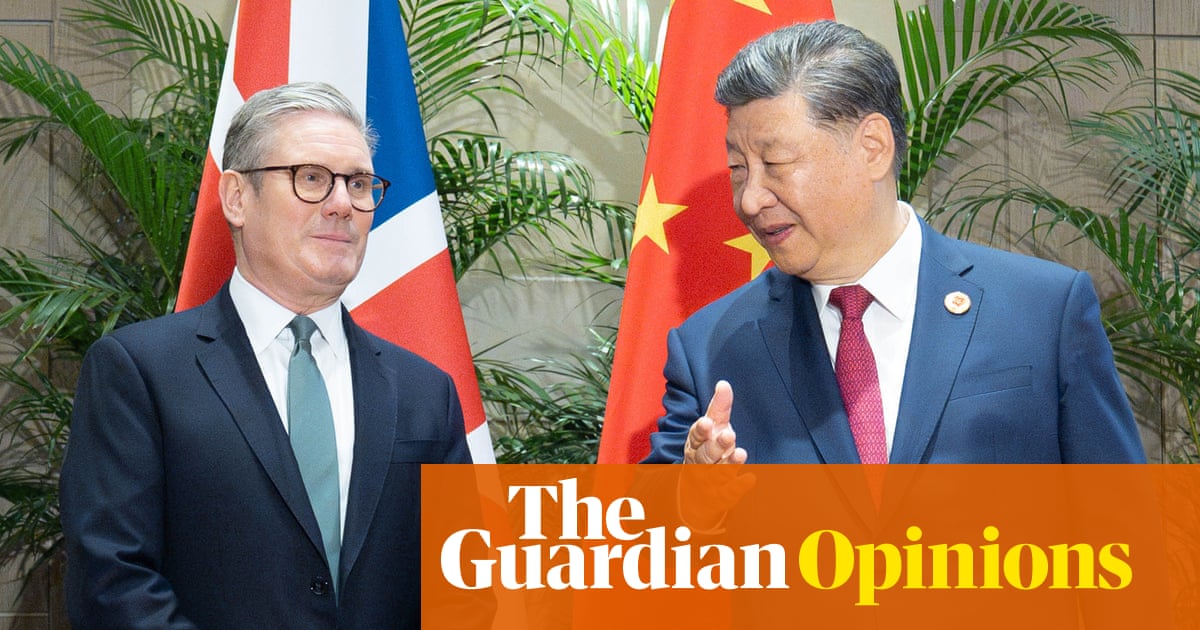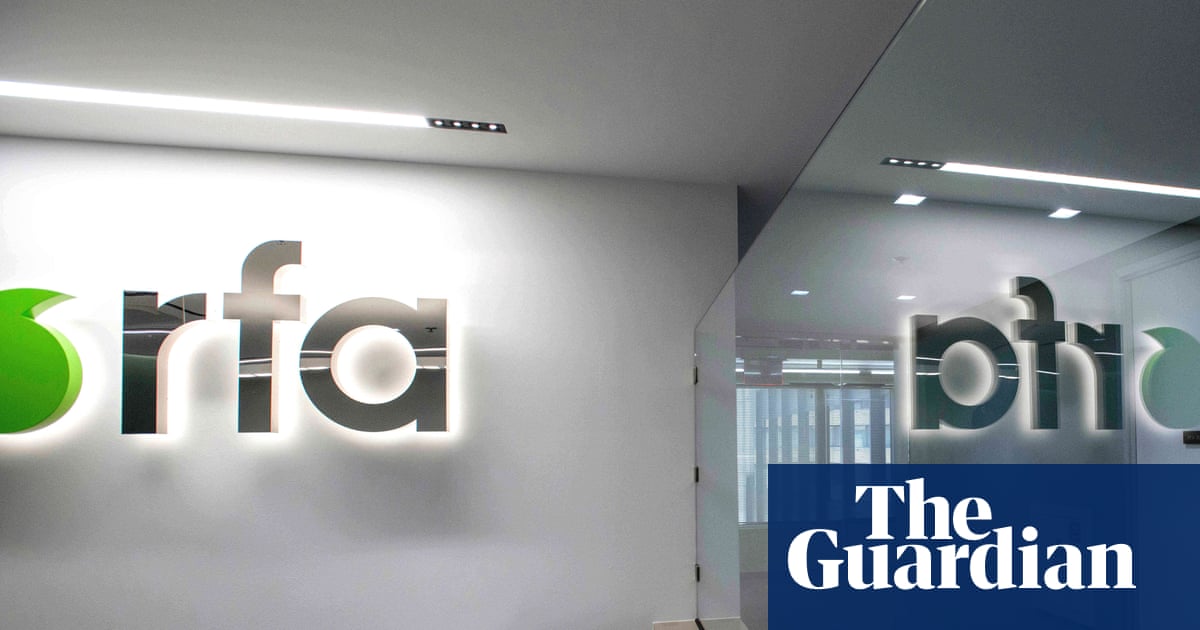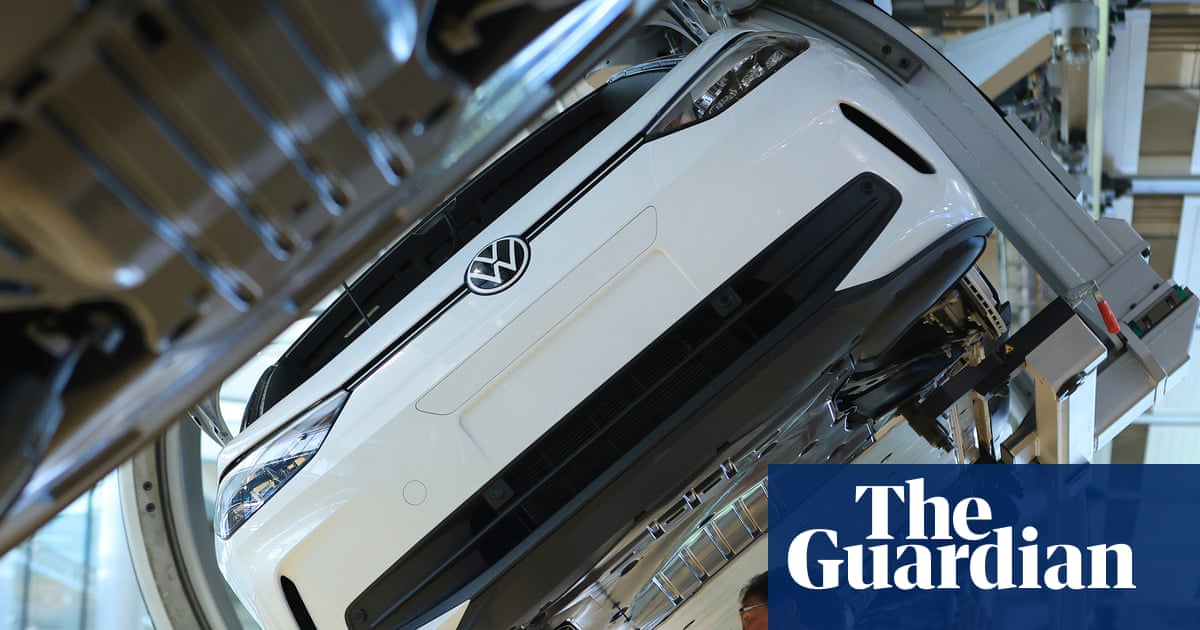Volkswagen has signalled that its annual profit targets are at risk without sufficient computer chips, in the latest sign that an expected shortage of semiconductors from China could hit carmakers across Europe.
The struggling German automotive giant said a series of cost cuts and new model launches are helping to offset a slump in Chinese demand but added that forecasts are based on the “adequate availability of semiconductors”.
Carmakers in the EU have said they may have to close production lines amid dwindling supplies of chips from Nexperia, the Chinese-owned producer.
Beijing banned exports from Nexperia after the Dutch government took over the company, which is based in the Netherlands, at the end of September and suspended its Chinese chief executive after the US raised security concerns.
VW company sold 6.6m cars in the first nine months of 2025, up 1.8% year-on-year. It forecast operating profit between 2% and 3% for the full year, but added that US trade tariffs are dragging on its most popular cars. The levies are expected to cost €5bn (£4.4bn) this year, said Arno Antlitz, VW’s chief financial officer.
Volkswagen reported a €1.3bn operating loss after a U-turn on its EV strategy at its subsidiary Porsche, announced in September, set it back €4.7bn in writedowns.
Antlitz said on Thursday the chip problem was “not a technical shortfall or a capacity shortfall. It’s really induced by political discussion, and this is where we hope that all the relevant parties sit together and find solutions.”
Germany, which counts Volkswagen as one of its manufacturing powerhouses, also reported a further stagnation in economic growth on Thursday. Gross domestic product was 0% in the last quarter as weak global demand and US tariffs continued to hit exports from the country.
The European Automobile Manufacturers’ Association (ACEA) said this week that carmakers are “days away” from closing production lines because of the chip shortage. In 2021 a shortage of chips related to the Covid pandemic hampered car production.
Volkswagen has had some success in countering a slowdown in deliveries to China by launching new models. Its latest electric vehicles, including the Skoda Elroq, which entered production this year, have helped to boost sales.
Antlitz said the product launches were “paying off” and that it was making progress on a restructuring programme, but “the financial result is significantly weaker compared to the previous year. This is partly due to the ramp-up of lower-margin electric vehicles.”
after newsletter promotion
Carmakers are also under pressure from a Chinese ban on rare earth exports. The US president, Donald Trump, said on Thursday that Beijing had agreed to end a ban on deliveries of the minerals to the US for the next year. Crunch talks are set to take place in Brussels over the issue.
Separately, Vauxhall and the Jeep-owner Stellantis reported a 13% jump in third-quarter revenue and shipments compared to last year, in early signs of a turnaround under its new chief executive, Antonio Filosa.
Stellantis said sales rose to 1.3m vehicles, also buoyed by new product launches. A third of the increase in year-on-year sales came in the US, where it owns the Ram, Chrysler and Dodge brands.

 3 months ago
181
3 months ago
181




